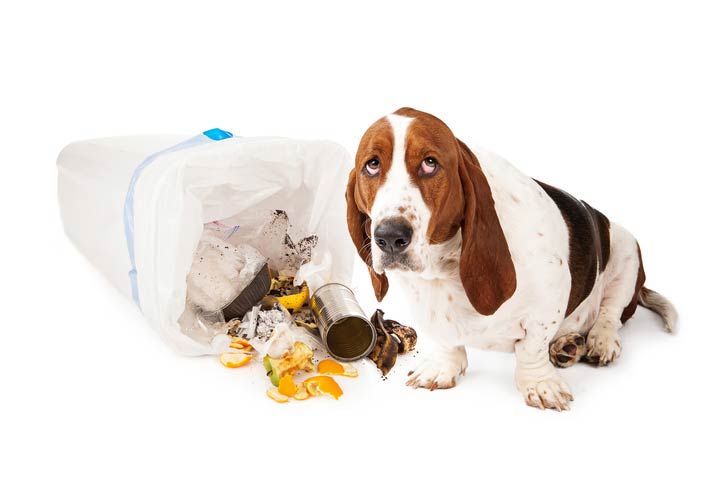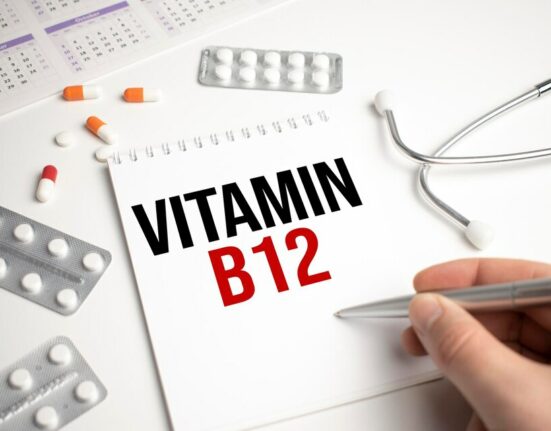Dog health food isn’t just a luxury anymore if we want our best friends to be as healthy as possible. It’s not just human food that is full of additives and fillers. Often the leftover food that has little or no nutritional value is being put into our dogs’ food. Here are 5 of the top things to avoid in the food that you’re giving to your dog.
- Generic Fats and Proteins
If we want our dogs to eat well, why would we even consider giving them food with “animal meat” as a primary ingredient? Would you ever consider buying ‘animal meat’ from the butcher and cooking it up for the rest of your family? I hope not!
Generic meat can hide all manner of substandard animal parts that you wouldn’t knowingly give your dog. So to keep using the cheapest parts they label them with a very vague term like animal meat. This could always be a nice cut of meat, but let’s face it, if there was beef in the food, they’d be labelling that way, not ‘animal’.
While it’s true that dogs in the wild would eat just about all the parts of an animal. Not too many wild animals would have concentrated growth hormones and pesticides in their organs. We’ve all heard of things like roadkill and pet bodies being put into our dog’s food, but we’re never quite sure. There’s a whole bunch of nasty things that can be put in under the term ‘animal’ so it’s probably the most important thing to avoid in your dog’s food
- Corn or Wheat Gluten Meal
These are cheap by-products of the human food industry that have been put into dog food. These forms of protein are incomplete for a dog so they aren’t put in there for the dog’s dietary needs, just because it’s a cheap way to fill out dog food. This is also a handy little rule of thumb to judge the quality of the rest of the food. Either of these ingredients is a pretty good indicator that the food is going to be poor quality overall. There’s also a higher chance that there are cheap but toxic preservatives and additives in there too.
Rice and soy protein concentrate are slightly higher quality but still have the problem in that they’re incomplete proteins. For a dog’s nutritional needs there is a vast difference between a pant protein and a meat protein
- Meat By-Product or Digest
These are usually parts of the animals that are considered unfit for human consumption. Why would we want to feed to our dogs something that we wouldn’t even consider? Quite apart from that, usually those parts aren’t eaten because they are places that toxins concentrate within the body.
Some by-products may be listed as fit for human consumption, but unless this is specifically stated it’s pretty safe to assume that it’s no good.
- Ethoxyquin
This is a cheap and commonly used preservative that extends the shelf life of the dog food by stopping the fat from going rancid. However, this particular preservative has been banned for human consumption and has also been linked to many pet health problems.
There have been many cases of dogs developing skin and coat problems from having foods containing Ethoxyquin added to their diet. Conversely, it has been noted that within days or weeks of stopping the consumption of foods containing Ethoxyquin, serious long-term health problems have cleared up. And this is just the most researched effect of Ethoxyquin, with plenty more possible nasty side effects.
- Too Many Grains
While some grains are actually a good source of minerals for dogs, often there’s far too much of them to be healthy. Grains can fill out the bulk of the food without meeting the nutritional needs of your dog.
Grains and grain by-products are often the waste from the production of human food and although there is a certain amount of protein in grains and cereals, it really isn’t the same as animal proteins. Meat is the type of protein that dogs will get the most nourishment out of. Grains, on the other hand, are not something that dogs would be eating the wild and so their body has a hard time digesting it properly. This leads to them overeating because they’re not getting enough nutrients but at the same time getting too much in the way of carbohydrates that they can’t deal with. This often leads to dogs getting obese.
With all the sneaky labelling on commercial food, knowing about dog health food is really a key component to giving your dog the very best. Giving them the best possible nutrition is vital and will add years to their life and they’ll be much healthier and have more energy. It’s up to us to get educated and give our dogs what they really need for the best nourishment.
For more info & Advice go to Comet Bay Vet Hospital.






